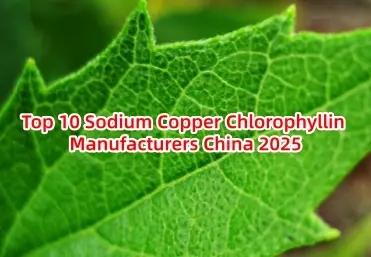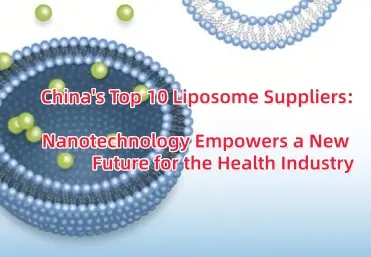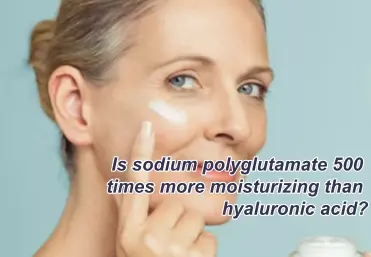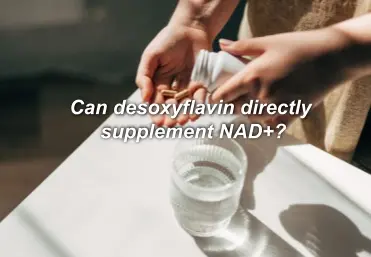Sodium Polyglutamate in Skin Care
1.What is Sodium Polyglutamate?
Sodium Polyglutamate (PGA) is a potent humectant derived from fermented soybeans, known for its exceptional moisture-retention abilities. This naturally occurring biopolymer has garnered significant attention in the skincare industry due to its superior hydration capabilities, which some studies suggest surpass even hyaluronic acid (HA). PGA's unique molecular structure allows it to hold up to 5000 times its weight in water, making it a crucial ingredient for maintaining skin moisture. Beyond its hydrating properties, research has also indicated that PGA may inhibit hyaluronidase, the enzyme responsible for breaking down HA in the skin, thereby prolonging the presence of HA and enhancing overall skin hydration.
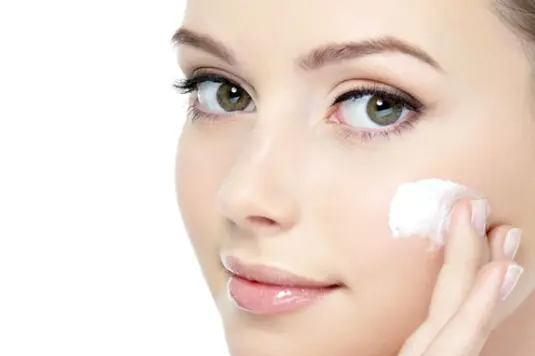
2.What is Sodium Polyglutamate in Skin Care?
Sodium Polyglutamate (PGA) is a powerful skincare ingredient composed of repeating units of the amino acid glutamic acid. This biopolymer is primarily derived from the fermentation of soybeans, where specific bacteria synthesize it as part of their metabolic processes.
3.What is SODIUM POLYGLUTAMATE used for?
γ–PGA is a much sought-after ingredient in personal care and cosmetic products due to its exceptional hydrating properties.
- Skin care: It forms a moisture-retaining film on the skin's surface, boosting hydration levels and preventing moisture loss. This not only helps in combating dryness but also contributes to a smoother and more supple complexion. γ–PGA is often found in moisturizers, serums, and masks, making it an ideal choice for individuals with dry or dehydrated skin, as well as those looking to reduce the appearance of fine lines and wrinkles.
- Hair care: It serves as a valuable addition to shampoos, conditioners, and hair treatments. It aids in maintaining hair's moisture balance, reducing frizz, and enhancing overall manageability. By preventing excess water loss from the hair shaft, it leaves hair feeling soft, silky, and more resistant to environmental stressors.
- Cosmetic products: It is great for enhancing the texture of cosmetic products. It is used in foundations, primers, and concealers to create a smooth and even application, improving makeup adherence. This ingredient can also offer a subtle skin-plumping effect, contributing to a more youthful appearance.
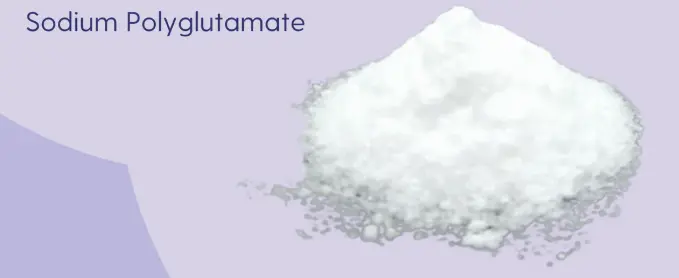
4.What does SODIUM POLYGLUTAMATE do in a formulation?
Hair conditioning
Humectant
Moisturising
Skin conditioning
Smoothing
5.Which Skin Types Should Use POLYGLUTAMIC ACID?
Dry and dehydrated skin types will reap the most rewards from polyglutamic acid, as it is the perfect ingredient for re-hydrating and restoring a radiant glow to the skin. Although it is safe to use for all skin types, it is recommended that sensitive skin types do a patch test beforehand.
6.What Is The Difference Between POLYGLUTAMIC ACID And HYALURONIC ACID?
Hyaluronic acid: Praised as a hydrating hero, hyaluronic acid can hold up to 1,000 times its own weight in water and helps to boost the water content in skin cells, leaving the complexion looking and feeling more hydrated and plump. It occurs naturally within the skin, however it decreases as we age.
Polyglutamic acid: Surprisingly, PGA is up to 10 times more hydrating than hyaluronic acid. Much like HA, it also draws water into the cells. However, polyglutamic acid takes it up a notch and also seals in moisture by forming a film over the skin's surface, which prevents water and moisture from evaporating.
By using both ingredients in your skincare routine, you will be ensuring that you're not only hydrating the deeper levels of your skin, but also 'locking - in' moisture in the upper levels. This will result in optimum hydration, as is the perfect solution for skin that is feeling tight and dehydrated.
Contact us
Reference
- https://skintypesolutions.com/blogs/skincare/sodium-polyglutamate
- https://cosmetics.specialchem.com/inci-ingredients/sodium-polyglutamate
- https://row.facethefuture.store/blogs/skincare/polyglutamic-acid?srsltid=AfmBOoo6a_HCOdOac4NJ1jH9EbsN6rRbDTgx3kXkhkpTW7wm4ptosH-t&shpxid=be6863b3-4476-486c-998f-6e0a5bd7ebe0

 Food Additives
Food Additives

